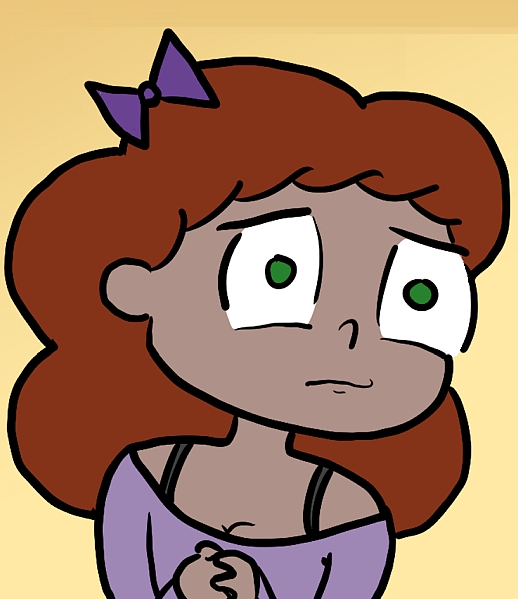- Welcome to Cook'd and Bomb'd.
-
 A dream
by madhair60
A dream
by madhair60
[Today at 02:03:41 PM] -
 University Challenged
by A Hat Like That
University Challenged
by A Hat Like That
[Today at 02:03:32 PM] -
 I will not have it
by Underturd
I will not have it
by Underturd
[Today at 02:03:21 PM] -
Snooker 23/24 by Black Emerald
[Today at 02:01:15 PM] -
 Trans Mania: Graham Linehan...
by Mr Trumpet
Trans Mania: Graham Linehan...
by Mr Trumpet
[Today at 01:56:54 PM] -
 Wrasslin' Talk: Punk out
by Magnum Valentino
Wrasslin' Talk: Punk out
by Magnum Valentino
[Today at 01:45:20 PM] -
 "B*lt my hat's arse!"...
by touchingcloth
"B*lt my hat's arse!"...
by touchingcloth
[Today at 01:41:57 PM] -
 Silly little things that mean...
by Minami Minegishi
Silly little things that mean...
by Minami Minegishi
[Today at 01:38:23 PM] -
 Perfect sub 1 minute songs...
by Minami Minegishi
Perfect sub 1 minute songs...
by Minami Minegishi
[Today at 01:35:27 PM] -
 If you had to shag an animal...
by Underturd
If you had to shag an animal...
by Underturd
[Today at 01:34:26 PM]
Members
 Total Members: 17,826
Total Members: 17,826 Latest: skinnylike
Latest: skinnylike
Stats
 Total Posts: 5,585,535
Total Posts: 5,585,535 Total Topics: 106,770
Total Topics: 106,770 Online Today: 1,083
Online Today: 1,083 Online Ever: 3,311
Online Ever: 3,311- (July 08, 2021, 03:14:41 AM)
Users Online
 Users: 88
Users: 88 Guests: 828
Guests: 828 Total: 916
Total: 916 Jumblegraws
Jumblegraws ros vulgaris
ros vulgaris oggyraiding
oggyraiding perplexingprocrastinator
perplexingprocrastinator A Hat Like That
A Hat Like That bobloblaw
bobloblaw George White
George White BritishHobo
BritishHobo TheDreamIsOver
TheDreamIsOver Mornington Oblong
Mornington Oblong Johnny Van Axel Dongen
Johnny Van Axel Dongen magister
magister Fabian Thomsett
Fabian Thomsett Loukides
Loukides Underturd
Underturd Alberon
Alberon Adrian Brezhnev
Adrian Brezhnev paddy72
paddy72 JesusAndYourBush
JesusAndYourBush Cleveland Steamer
Cleveland Steamer cptpunk
cptpunk kidney
kidney Gambrinus
Gambrinus mrpupkin
mrpupkin gmoney
gmoney Theotherside
Theotherside MrMealDeal
MrMealDeal jamiefairlie
jamiefairlie DelurkedToHelp
DelurkedToHelp ishantbekeepingit
ishantbekeepingit Black Emerald
Black Emerald DJ Bob Hoskins
DJ Bob Hoskins Elderly Sumo Prophecy
Elderly Sumo Prophecy lardboy
lardboy Psybro
Psybro DreadedScotsman
DreadedScotsman Heid The Baw
Heid The Baw Auntie Beryl
Auntie Beryl oilywater
oilywater thatguyfromthatthing
thatguyfromthatthing KaraokeDragon
KaraokeDragon Lordofthefiles
Lordofthefiles how do you like apples
how do you like apples Le Tourbillon
Le Tourbillon Eltho Jo
Eltho Jo Barney Sloane
Barney Sloane druss
druss Mr Trumpet
Mr Trumpet Pseudopath
Pseudopath Benga Zara
Benga Zara veletision
veletision sevendaughters
sevendaughters letsgobrian
letsgobrian daf
daf CharlotteKartoffeln
CharlotteKartoffeln godber
godber binster
binster trabuch
trabuch Uncle TechTip
Uncle TechTip no no natus natus no
no no natus natus no crankshaft
crankshaft Mr. Ssmsslth
Mr. Ssmsslth klaatu!
klaatu! ElTwopo
ElTwopo BlodwynPig
BlodwynPig Dr Rock
Dr Rock Buffalo Many Times
Buffalo Many Times madwolfinamatchbox
madwolfinamatchbox andyneal2005
andyneal2005What new(ish) fiction are you reading?
Started by holyzombiejesus, November 13, 2018, 11:51:51 AM
Previous topic - Next topic
User actions

